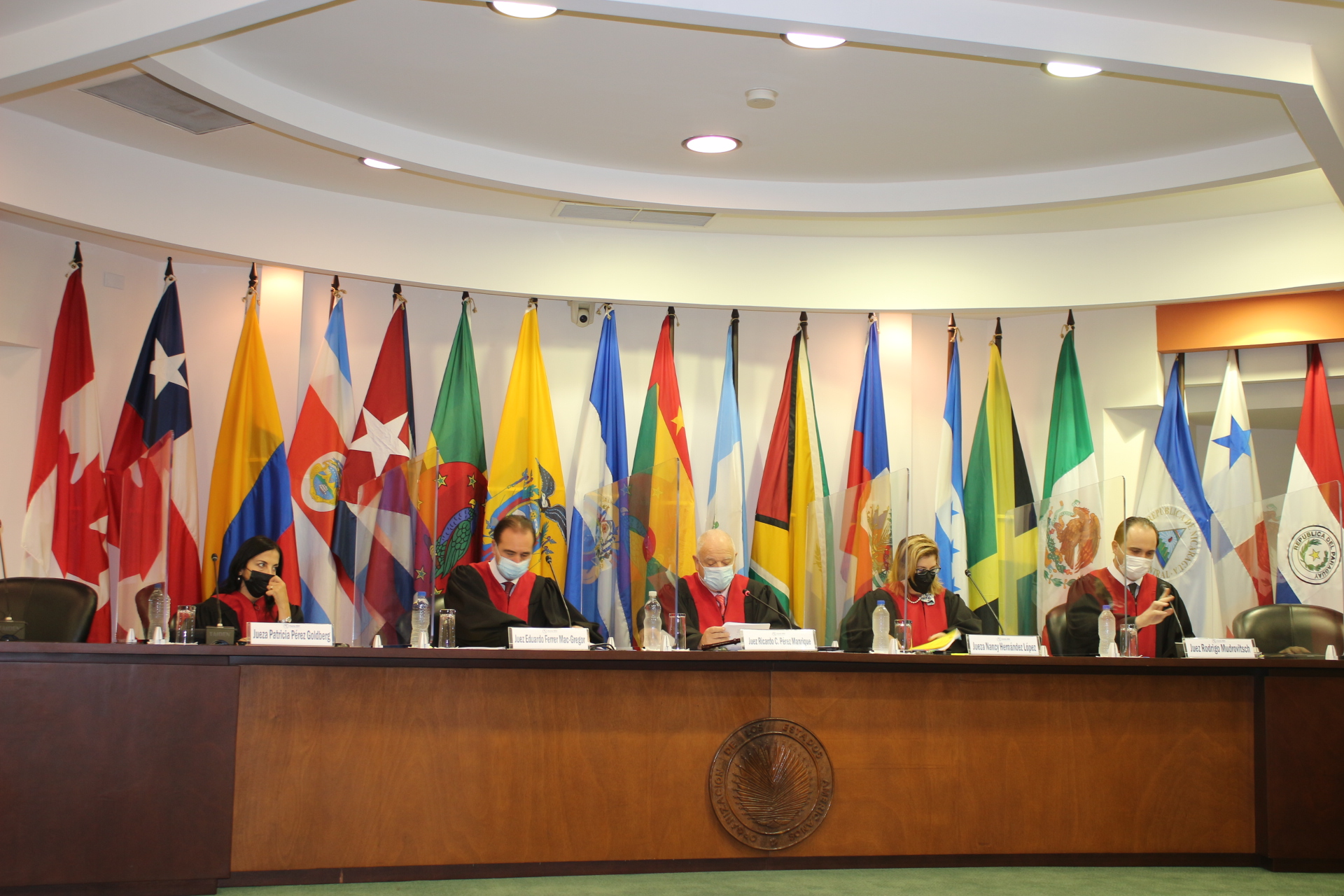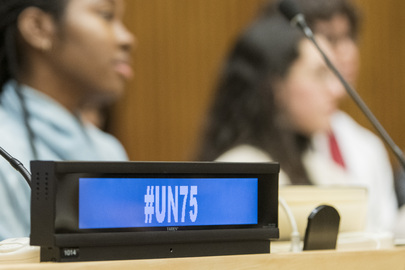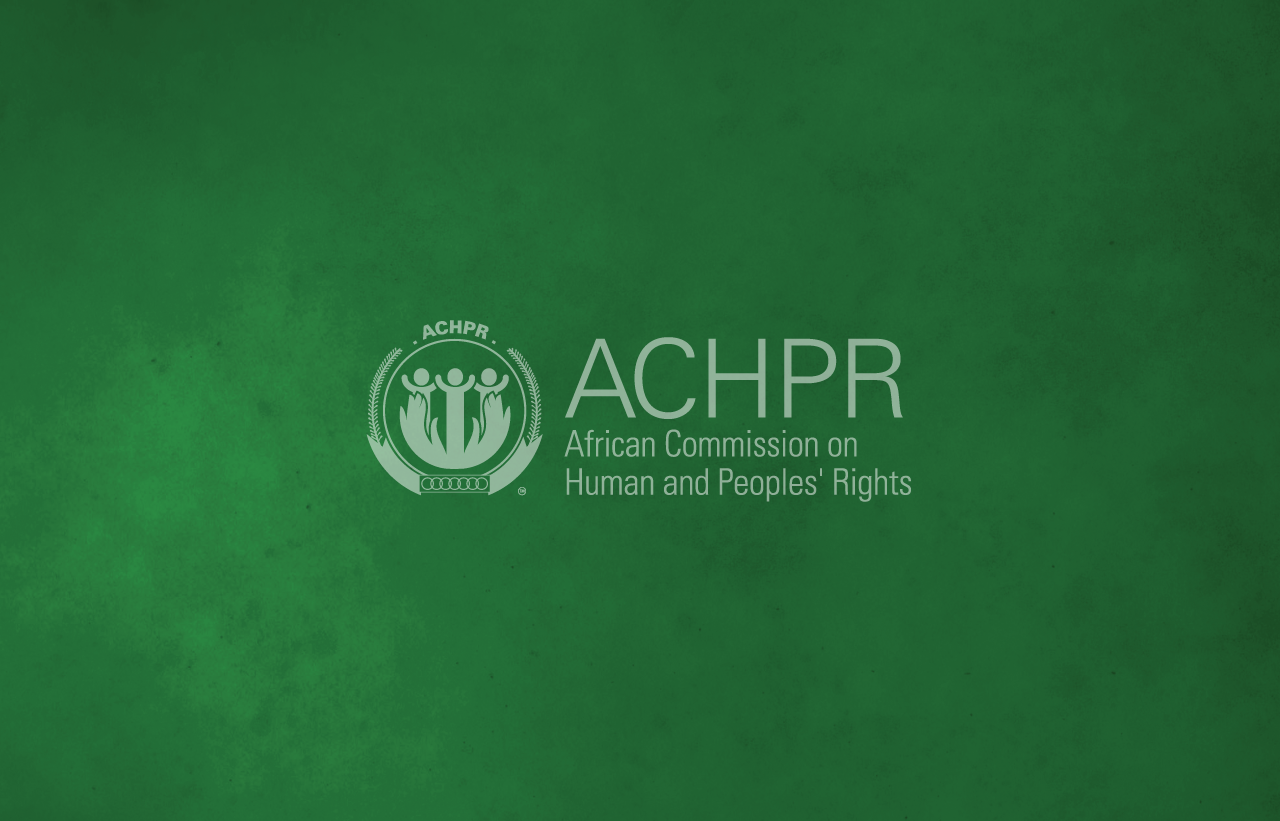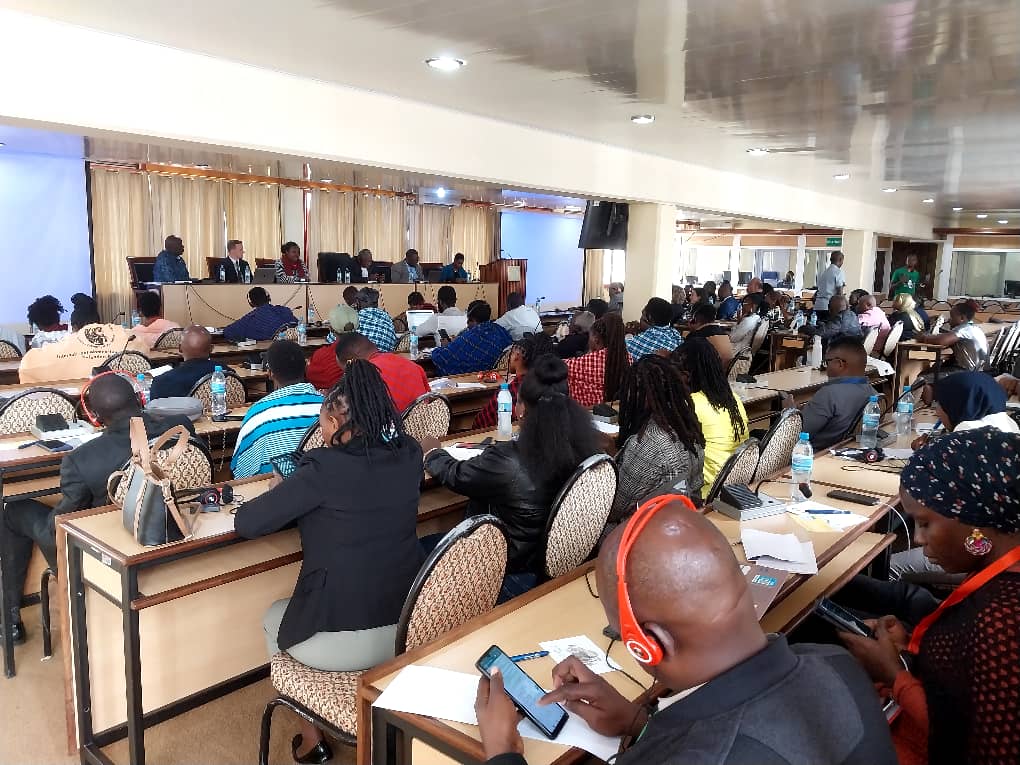Click here to read more about ISHR’s coverage of COVID-19.
On 31 March, the United Nations and Chinese technology company Tencent launched a partnership to use Tencent’s technology to increase awareness and participation in preparations for the UN’s 75th anniversary (UN75). The backlash was almost immediate. Human rights groups and digital rights experts raised concerns about the choice of Tencent, based on its close relationship to the Chinese government and its dismal record of disclosure of policies related to data protection, the right to privacy and freedom of expression. Two weeks later, according to a Foreign Policy article published last week, the partnership was on ice.
This case may seem a flash in the pan, but it points to a much bigger question: how the UN decided to partner with Tencent in the first place.
‘The debacle over the Tencent partnership should serve as a cautionary tale,’ says Sarah M. Brooks, ISHR Asia Advocate. ‘Reports to the Human Rights Council had already raised red flags about the company’s policies, and the authoritative work of Ranking Digital Rights clearly placed Tencent at the back of the pack on transparency. By no stretch of the imagination could the UN pretend ignorance about who they were dealing with’.
In a joint open letter sent to the UN’s leadership on 21 April, ISHR and other rights groups emphasised that while sharing the goal of ensuring greater civil society access to and participation in the UN’s work, any partnership the UN pursues with any private sector actor needs to be able to stand up to questions about how it furthers – or at minimum, does no harm – to the human rights principles that undergird the UN’s work.
The UN’s imprimateur can lend a company credibility. It is therefore essential that the UN commit to seeking partnerships with actors that respect human rights, including having a clear commitment to the UN Guiding Principles on Business and Human Rights. When a potential partnership is identified, ISHR and other NGOs recommend that the UN put in place due diligence processes that are transparent and well-communicated; that draw rigorously on internal and external expertise; and that incorporate meaningful consultation with civil society and other stakeholders at the partnership’s inception.
‘Recognizing that the COVID-19 pandemic makes the need for effective partnerships acute, especially in ICT, the UN can and should take two concrete steps, today, to move this ball forward’, Brooks added. ‘First, appoint someone who can coordinate and lead on due diligence across the UN system. Second, commit to holding them accountable for getting it right’.
‘There are agreed international standards and best practices on these issues – it’s common sense to expect the UN to apply them’.
The open letter, addressed primarily to senior management and human rights officials, was also sent to relevant independent experts of the UN Special Procedures, including the Special Rapporteur on Freedom of Opinion and Expression and the Working Group on Business and Human Rights.




